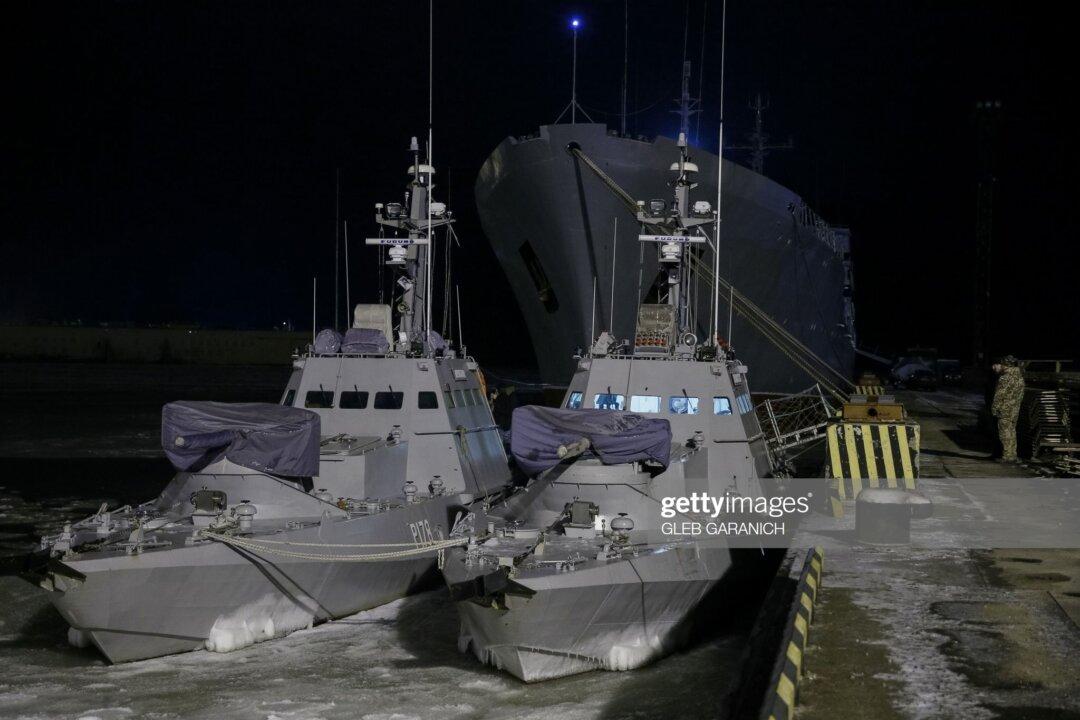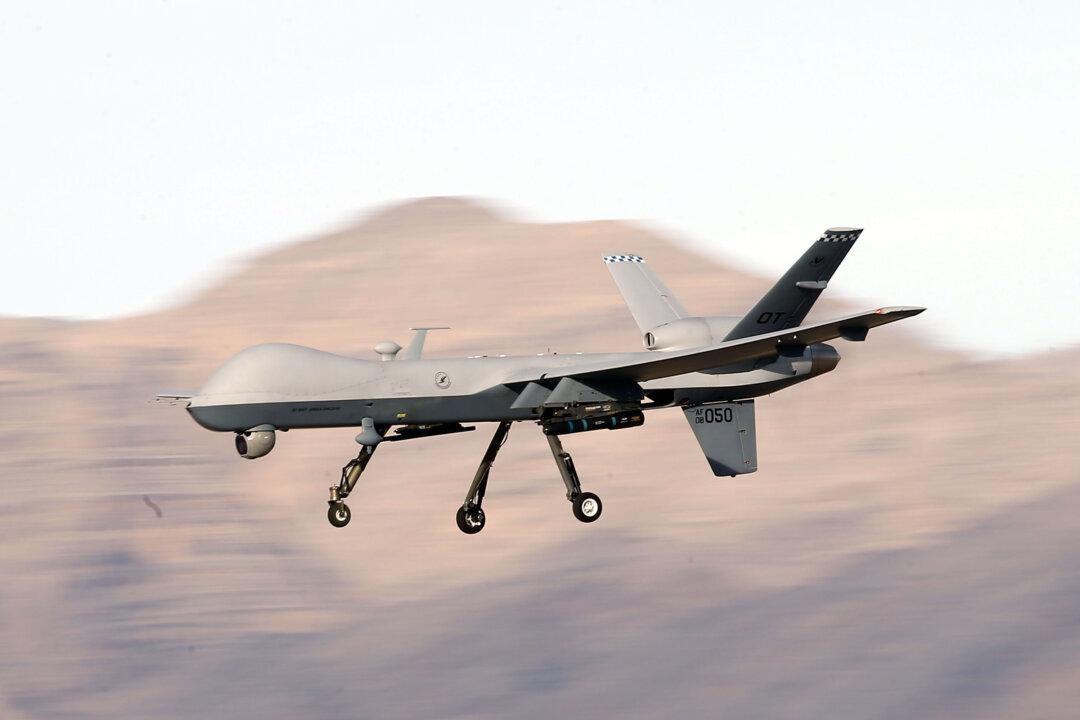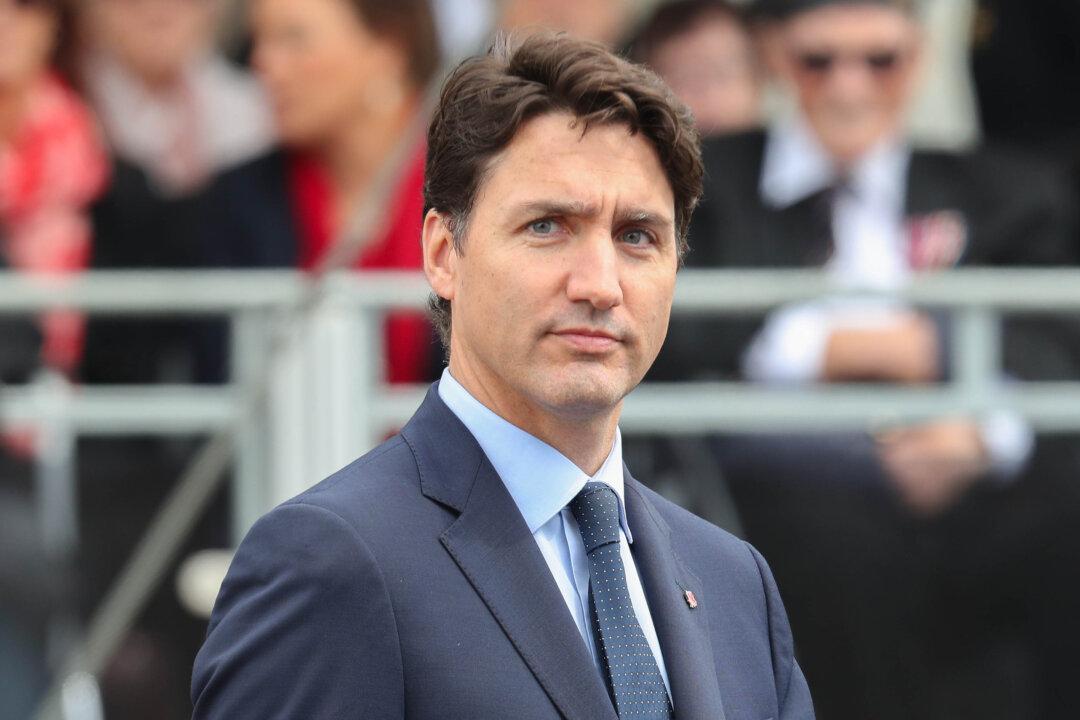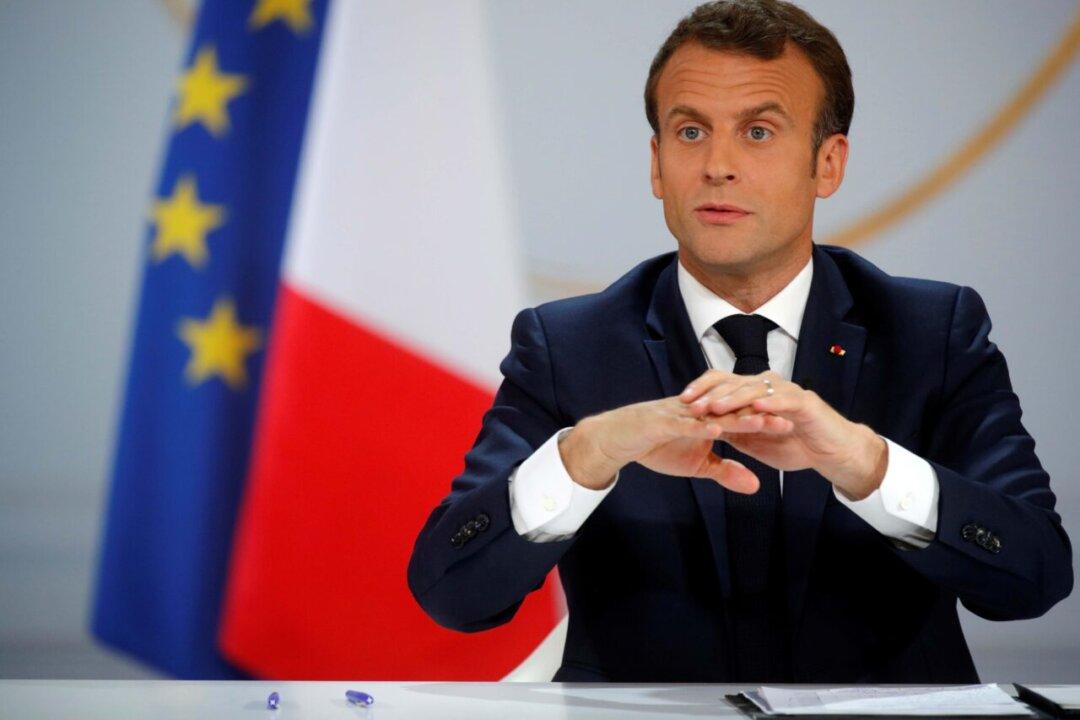President Donald Trump announced on Oct. 21 that the United States would withdraw from the INF treaty (full name: Treaty Between the United States of America and the Union of Soviet Socialist Republics on the Elimination of Their Intermediate-range and Shorter-range Missiles).
And to hear the pig-caught-in-a-gate squeals by those who make a living from viewing-with-alarm, one would think that the sky had fallen. And, in addition, it was another cataclysmic action by a president who bullishly carries his own china shop for instant breakage.





